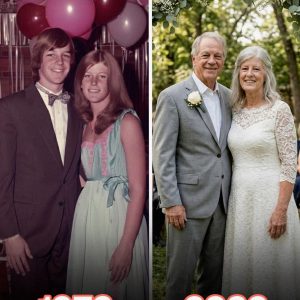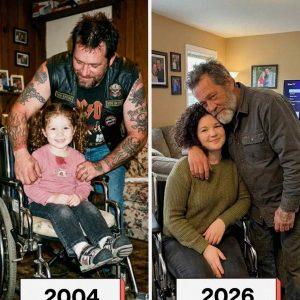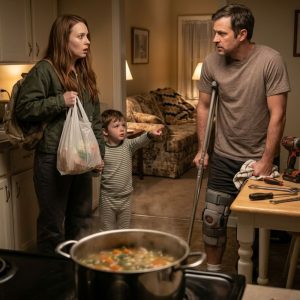The first time I saw Emily, she was reading in a bookstore, quietly captivating. Her presence was calm yet radiant, the kind of person you notice without being asked to. That moment marked the beginning of everything. Three years later, I knew I wanted to marry her—but I also knew that her stepmother, Margaret, was a force of quiet cruelty masked as propriety.
Margaret didn’t yell; she wounded with subtlety—remarks about Emily’s ring, her dress, our wedding plans. I offered to intervene, but Emily always declined, knowing Margaret would twist it into drama. Her pain had gone unseen for years, dismissed as sensitivity. Emily just needed someone to believe her—and I did, wholeheartedly.
On our wedding day, nerves and anticipation collided until Emily handed me a note and asked me to trust her. When the officiant asked if I took her as my wife, I said “no.” The room gasped. Margaret leapt in with venom thinly veiled as vindication, but Emily met her calmly and exposed the years of manipulation she’d endured. Her father, finally seeing the truth, quietly asked Margaret to leave.
After Margaret exited, we began again. I said “yes,” and Emily did too—firm, unwavering. Our vows weren’t just promises; they were reclaimed truths. At the reception, her father apologized, humbled and changed. He began the slow work of showing up differently, no longer blind to the damage he’d overlooked.
Margaret tried to return through guilt and rage, but we shut the door. That day gave Emily peace, better sleep, laughter without bracing. It wasn’t about drama; it was about truth finding its moment and standing in it together. We’d named the pain and let the people who loved us see it clearly.
Marriage, we’ve learned, isn’t about grand gestures—it’s about showing up. Our wedding wasn’t just a beginning; it was a declaration: we will not be broken.




